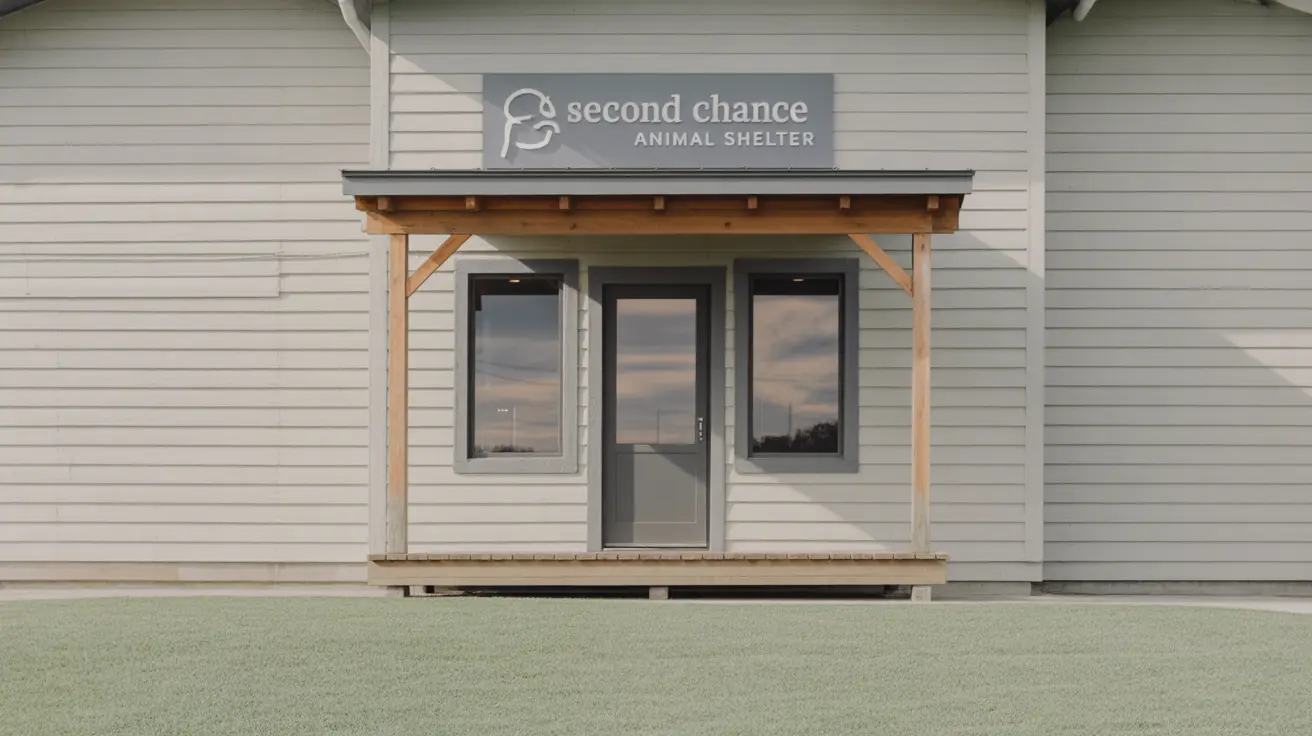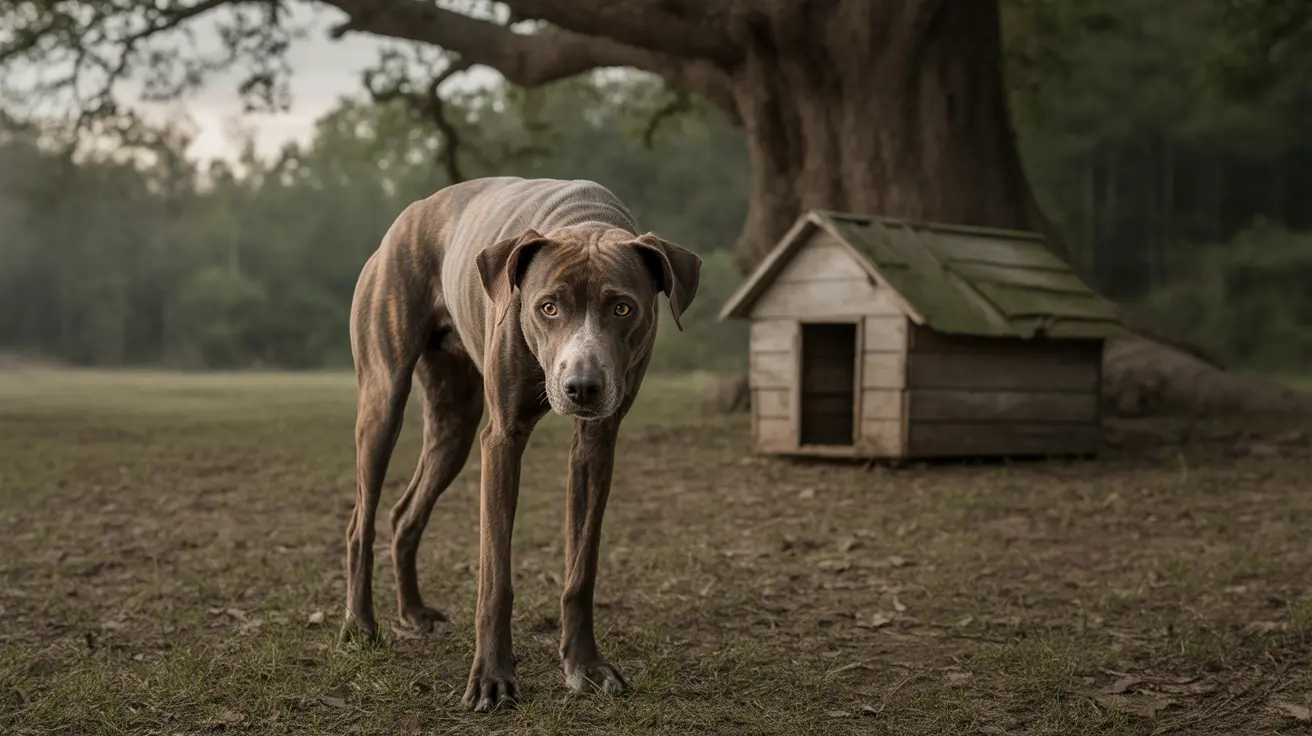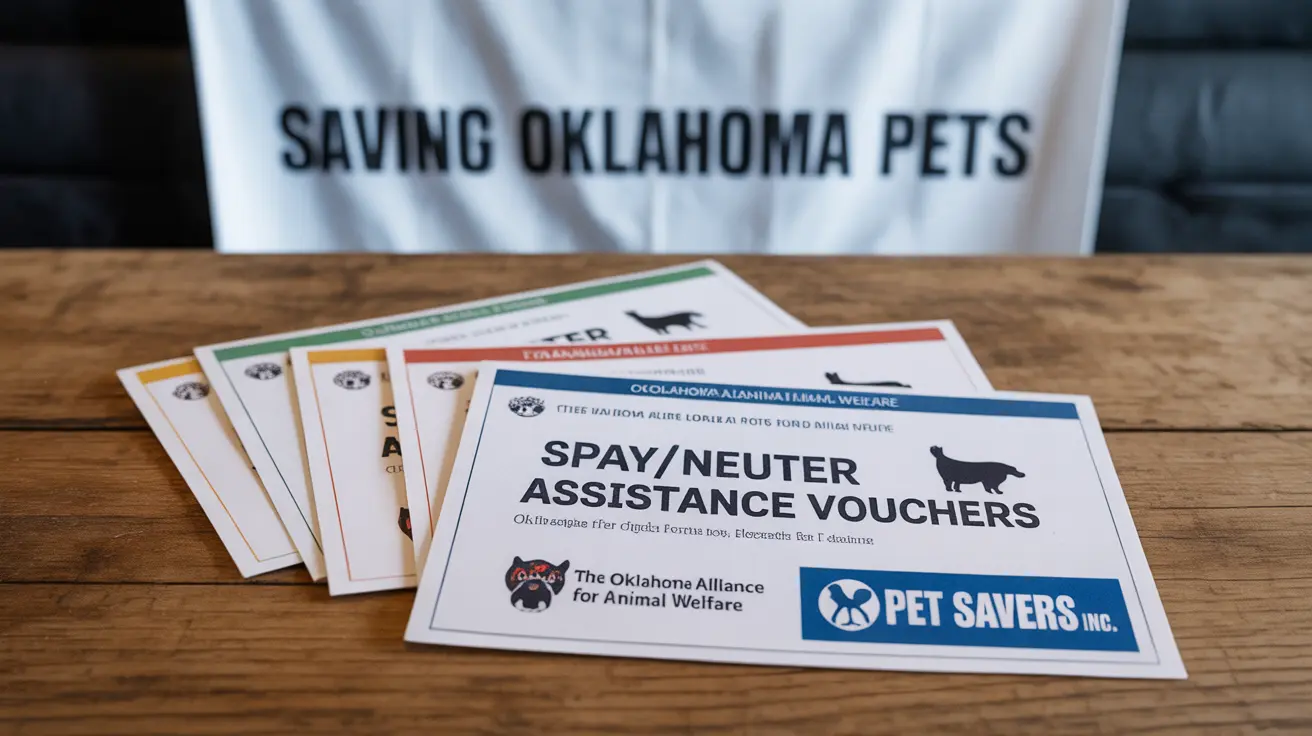Traditional Veterinary and Medical Careers
The medical field offers some of the most established career paths for working with cats. Veterinarians specializing in feline care can earn substantial salaries while providing essential healthcare services. Veterinary technicians and assistants also play crucial roles in cat healthcare, with starting salaries ranging from $33,000 to $39,000 annually.
These positions require different levels of education and certification:
- Veterinarians need a Doctor of Veterinary Medicine (DVM) degree and state licensure
- Vet technicians typically complete a two-year associate degree
- Veterinary assistants may start with on-the-job training
Shelter and Rescue Operations
Animal shelters provide numerous opportunities for cat-focused careers. Shelter workers engage in direct care, adoption coordination, and community outreach. The average salary for animal adoption specialists is approximately $36,612 per year, with opportunities for advancement into management roles.
Key positions in shelter operations include:
- Adoption counselors
- Animal care technicians
- Shelter managers
- Foster program coordinators
Entrepreneurial Opportunities
The growing pet industry offers various entrepreneurial paths for cat enthusiasts. Cat café owners, professional pet sitters, and specialized groomers can build successful businesses around feline care. Some innovative entrepreneurs have found success in:
- Cat behavioral consulting
- Custom cat furniture design
- Luxury cat boarding facilities
- Feline-focused social media content creation
Professional Cat Behavior and Training
Cat behaviorists and trainers can earn significant incomes, with top professionals making up to $111,000 annually. This specialized field requires:
- Certification in animal behavior
- Understanding of feline psychology
- Strong problem-solving skills
- Excellent client communication abilities
Digital and Creative Careers
The digital age has created new opportunities for cat-focused careers, including:
- Cat photography and videography
- Social media management for cat brands
- Content creation for pet websites
- Cat product reviews and testing
Specialized Care Services
Unique positions in specialized cat care continue to emerge, including:
- Professional cat groomers
- Cat massage therapists
- Feline nutrition consultants
- Cat show judges and coordinators
Growth and Future Opportunities
The job market for animal care workers is projected to grow 15% through 2033, significantly faster than average. This growth is driven by:
- Increasing pet ownership rates
- Growing awareness of animal welfare
- Rising demand for specialized pet services
- Expansion of the pet care industry
Frequently Asked Questions
What education and certifications do I need for a career working with cats?
Requirements vary by position. Veterinary roles need specific degrees and licenses, while many entry-level positions require a high school diploma and relevant experience. Certifications in animal behavior, pet first aid, or specific skills can enhance career prospects.
How much can I expect to earn in different jobs that involve caring for cats?
Earnings vary widely: veterinarians can make over $100,000 annually, cat behaviorists average $87,325, and entry-level shelter workers typically start around $33,470. Entrepreneurial roles like cat sitting businesses can earn $30-50 per visit.
What are the most common and unique jobs available for people who love working with cats?
Common roles include veterinary staff, shelter workers, and pet sitters. Unique positions include professional cat cuddlers, cat café operators, feline social media influencers, and cat product designers.
How can I gain experience and improve my chances of getting hired for cat-related careers?
Start by volunteering at local shelters, pursuing relevant certifications, and networking within the pet industry. Consider internships or entry-level positions to gain hands-on experience.
What are the job outlook and growth opportunities in feline-focused professions?
The pet care industry shows strong growth potential, with a projected 15% increase in animal care positions through 2033. Opportunities continue to expand in traditional roles and emerging fields like digital content creation and specialized services.






